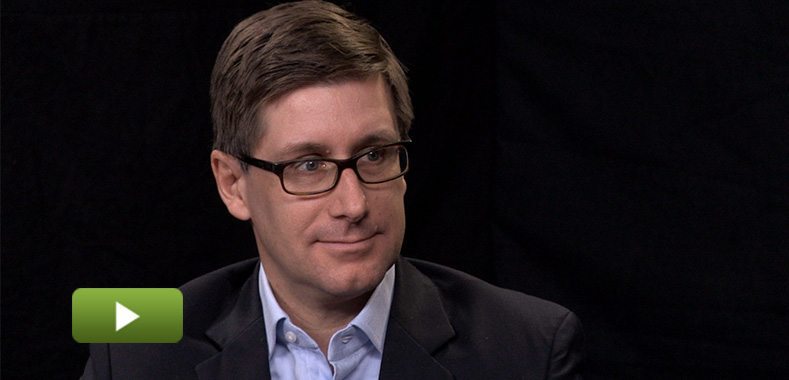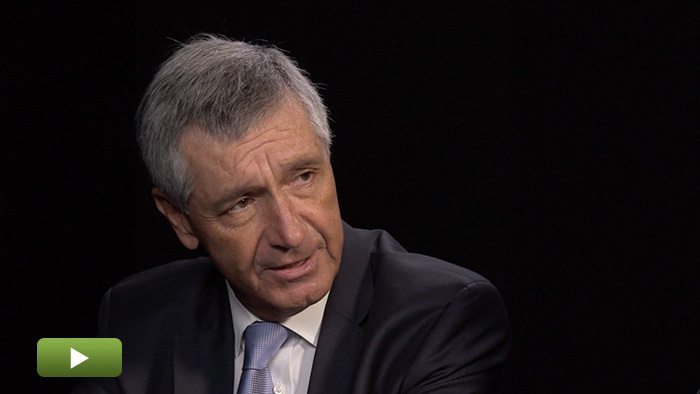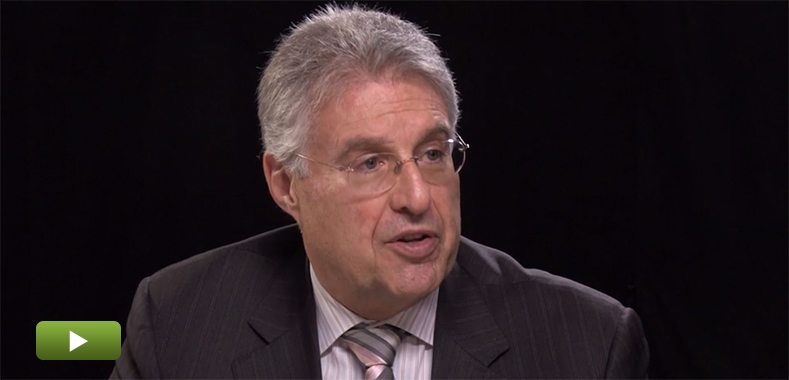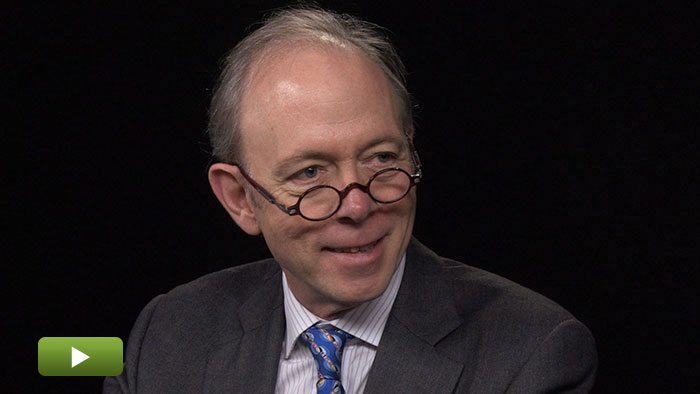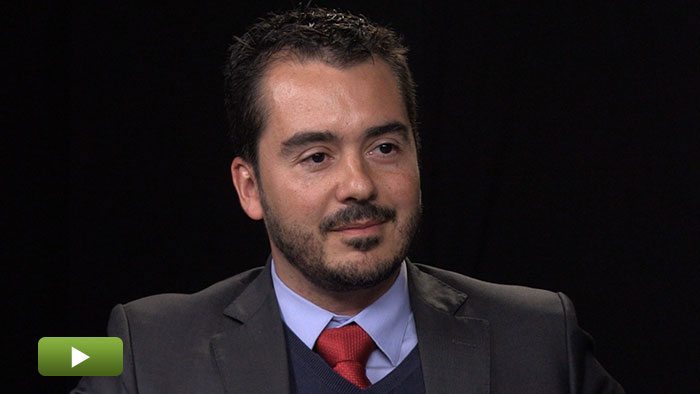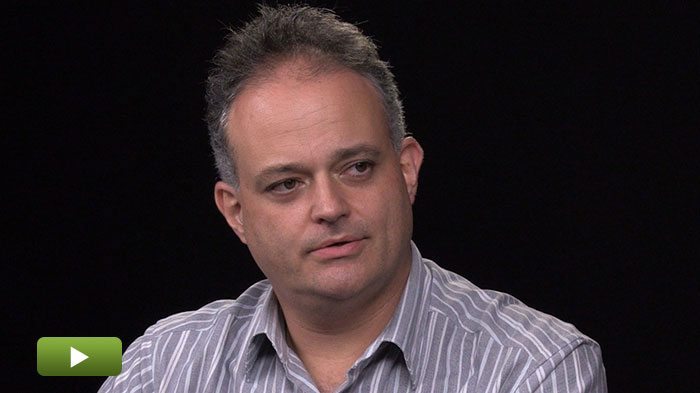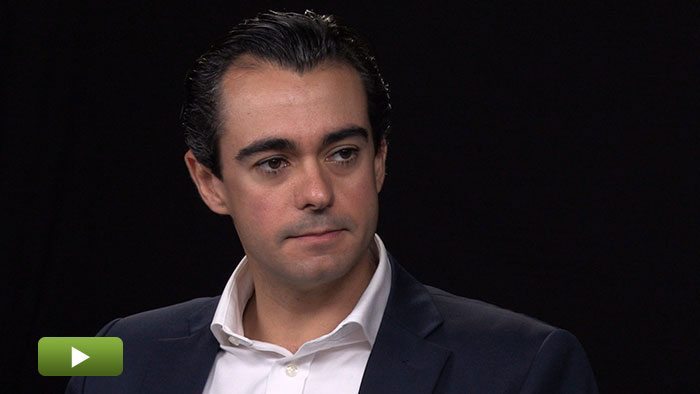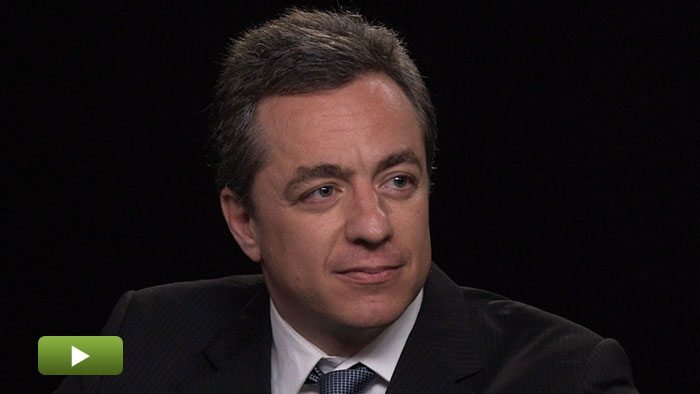Dealing With Brazil’s Economic Slowdown
Brazil’s weak economy means many private equity investors are looking at the market as a long-term play, says Chris Meyn of Gavea Investmentos. He tells Privcap why he favors defensive sectors like healthcare and education, how the recent election slowed deal flow, and why the slowing of economic growth in Brazil’s major trade partner, China, is not a major concern.
Transcript Download Transcript
Dealing With Brazil’s Economic Slowdown
With Chris Meyn of Gávea Investimentos
David Snow, Privcap: We’re joined today by Chris Meyn of Gávea Investimentos in Brazil. Chris, welcome to Privcap today. Thanks for being here.
Chris Meyn, Gavea Investimentos: Thanks, David.
Snow: You are the head of private equity at one of the largest investment institutions in Brazil. With a softer economy, what is the environment like for people who do deals such as yourself?
Meyn: It is definitely a more challenged macroeconomic environment. I’d say that deal activity right now is fairly slow. That’s impacted by the federal elections that are happening right now, and there’s generally not a lot of activity in the run–up to election time. I expect that to improve and start to be more active next year. That also dovetails with several of our peers, and ourselves included, having raised or raising new funds. So there will be capital. With the slower economy, you’ll start to look for more defensive sectors. You’re going to look for more defensive businesses like healthcare and education and services that buck that trend a bit. Access to capital is a key theme. Capital markets are very, very soft. You’ve seen very few public offerings. We don’t expect to see what is a large pipeline of waiting IPOs; we don’t expect to see those go out—and if so, at not spectacular prices.
Snow: You mentioned softening consumer demand. How would your firm play that? Would it be a contrarian play where you are buying a consumer-focused company in anticipation of demand in the future, or do you think this will be a long enough downturn that you want to stay defensive?
Meyn: There’s definitely significant risk of scenarios with a much more protracted slowdown, or at least length of slowdown. We’re not seeing the risk of a crisis, but what we are seeing is not a lot of visibility on when Brazil sort of moves from the zero to 1 percent growth back to 3, 4, 5, and with that comes additional money for consumption. And the consumer is levered, in our opinion today—not unhealthily levered, but not a lot of additional runway to use credit for purchasing. Unemployments rising softly but continually, so there’s not a lot of signals that there’s extra dry powder for the consumer right now. What we would do is two things. One is, certainly you find companies that buck that trend. There’s niches in consumption and consumer products that are still posting very impressive numbers. There are still the opportunities for consolidation, so inorganic growth is going to be a big theme for companies. And then, of course, the ultimate is valuation. I mean, you can certainly stomach holding through a soft consumption period with a retailer or with a consumer–products company if you’re paying a price that reflects that future-forward–looking outlook.
Snow: In addition to making the right play in, let’s say, a softening consumer environment, what are some other investment theses that your group is interested in?
Meyn: Yeah, we do like healthcare. It’s an inefficient market, it’s a fragmented market, whether you’re looking at health plans or lab businesses and some unregulated hospital services. It’s an area that we like quite a bit. You could pull that all the way down to the retail side, if you wanted. You’d rather be in pharmacies, for instance, than a clothing retailer right now. And I think that’s something to keep in mind is food, staples, healthcare, education, services, and businesses that circle around the steady staples of life really are the least likely to slow down significantly.
Snow: There have been a number of large private equity funds raised in maybe the past 12 months, targeting Brazil. How has this, I guess, fresh crop of capital affected the competitive dynamic in the deal market that you’re involved in?
Meyn: Yeah, well, we track this pretty closely, and I do think that the great bulk—and it was a record amount of capital for our region—was raised sort of in the 2010–11 period, right off the heels of Brazil putting up some pretty impressive 7½ percent growth numbers in 2010. That capital, I think, it depends on the manager. A good deal of that’s been put to work, so what we do see right now is more funds that are in the market fundraising than already having been capitalized recently. What I do think is, that $8 to $10 billion that we think was raised in 2010–11 didn’t really significantly change the competitive landscape. I think more so in the buyout space, where situations are competitive and there are more funds to come to the table in an auction format. But for us, we didn’t have a noticeable increase in competition. Again, keep in mind that those numbers are big relative to the Brazilian market.
Snow: Maybe back to a macro question for you, and that is, internationally, what factors are you following that will impact the Brazilian economy? Is it China? Is it the dollar? Is it a combination of both those things?
Meyn: Yeah, certainly the dollar is, for most of the private equity industry in Brazil, most of the managers including ourselves raise the bulk of their capital in dollar-denominated funds. It’s not cost-efficient to hedge. It’s very expensive, so you are running significant currency risk, and I think that each manager deals with that in their own fashion. We tended to do so by underwriting higher and higher real-based returns and try not to be bucking the forward curve on what currency should be. China is an 80 percent trade partner in oil and iron ore. It’s a 20 percent trade partner in other products, so it’s not, in a way, it’s not weighing down on Brazil significantly. And by the way, China is doing pretty well. Slowdown, relatively in China, seems like a lot, but it’s not.
Snow: Your private equity team recently raised a fund, and I presume that you had international investors in that fund. This time around, what kinds of questions were investors asking you that maybe differed from a previous investment cycle?
Meyn: I think every LP that’s looking at Brazil, either for the first time or has already invested in the region previously, is looking at a pretty deep dive. There’s going to be the camp that’s either disappointed in how Brazil’s performed relative to their expectations in 2010 and ’11. It’s not hot money, but I think it’s people who are in firms that are really not happy with taking additional exposure risk in Brazil, and they’re not looking very seriously right now at the market. We’re seeing more investors, and more large institutional investors, looking at Brazil with a very, very dedicated long-term view.


